I referred a code on the internet to unpack comp 3 to numeric in java. I tried to pass a sample comp3 file to the code but I didn't get the proper unpacked data. I got some weird numbers. I am new to this concept(comp 3) so can you guys help me on this. Thanks in advance
Below is my code
import java.math.BigInteger;
import java.nio.file.Files;
import java.nio.file.Path;
import java.nio.file.Paths;
/**
* Converts between integer and an array of bytes in IBM mainframe packed
* decimal format. The number of bytes required to store an integer is (digits +
* 1) / 2. For example, a 7 digit number can be stored in 4 bytes. Each pair of
* digits is packed into the two nibbles of one byte. The last nibble contains
* the sign, 0F for positive and 0C for negative. For example 7654321 becomes
* 0x76 0x54 0x32 0x1F.
*
* This class is immutable. Once constructed you can extract the value as an
* int, an array of bytes but you cannot change the value. Someone should
* implement equals() and hashcode() to make this thing truly useful.
*/
public class PackedDecimalToComp {
public static void main(String[] args) {
try {
// test.unpackData(" 0x12345s");
Path path = Paths.get("C:\\Users\\AV00499269\\Desktop\\Comp3 data file\\Comp3Test.txt");
byte[] data = Files.readAllBytes(path);
PackedDecimalToComp test = new PackedDecimalToComp();
test.unpackData(data);
} catch (Exception ex) {
System.out.println("Exception is :" + ex.getMessage());
}
}
private static String unpackData(byte[] packedData) {
String unpackedData = "";
final int negativeSign = 13;
for (int currentCharIndex = 0; currentCharIndex < packedData.length; currentCharIndex++) {
byte firstDigit = (byte) ((packedData[currentCharIndex] >>> 4) & 0x0F);
byte secondDigit = (byte) (packedData[currentCharIndex] & 0x0F);
unpackedData += String.valueOf(firstDigit);
if (currentCharIndex == (packedData.length - 1)) {
if (secondDigit == negativeSign) {
unpackedData = "-" + unpackedData;
}
} else {
unpackedData += String.valueOf(secondDigit);
}
}
System.out.println("Unpackeddata is :" + unpackedData);
return unpackedData;
}
}
Comp3 file I passed has values x019F
When converted I got the unpacked data as 783031394




